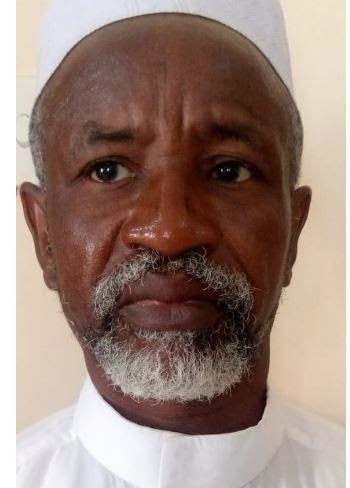Abstract:
This study examined the hazards facing journalists in Nigeria with a special focus on journalists practicing in the Federal Capital Territory, Abuja, Nigeria. The study employed the survey research design. 300 copies of questionnaire were administered to journalists in Abuja to elicit information on their experiences of hazards, perceptions of safety, and strategies for mitigating the risks. The study was anchored on the Social Learning Theory and Social Cognitive Theory. The findings reveal a range of hazards faced by journalists in Abuja, including physical threats, online harassment, legal challenges, economic instability, and political interference. These hazards have significant implications for journalists' safety, well-being, and professional autonomy, leading to self-censorship, psychological stress, reduced productivity, and limitations on career prospects. However, journalists employ various strategies to mitigate hazards, including adherence to ethical standards, safety training, and collaboration with support networks. Based on the findings, the researchers recommended the strengthening of legal protections, improved safety training, establishment of active support networks, promotion of ethical journalism, encouragement of dialogue between stakeholders among others.
Keywords: Hazards, Journalistic practices, Reporting, Professionalism, Ethical journalism version





